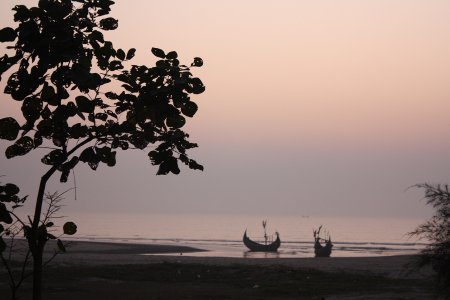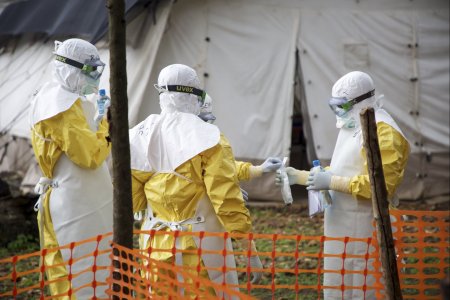 Carl Theunis/MSF
Interview
Carl Theunis/MSF
Interview
10/26/2018
Elba Rahmouni
Rebecca Grais, Research Director at Epicentre, MSF’s epidemiology arm, and Pierre Mendiharat, Deputy Director of Operations for MSF-France, offer their insights on the Ebola outbreak in North Kivu Province in the eastern Democratic Republic of the Congo (DRC). This joint interview in four parts (the outbreak, social context, treatments, and vaccination) aims to show how science and practice interact around each outbreak.
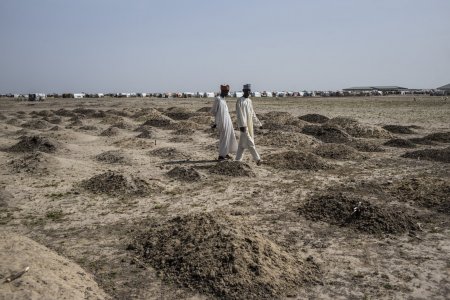 Sylvain Cherkaoui/COSMOS
Opinion
Sylvain Cherkaoui/COSMOS
Opinion
06/25/2018
Fabrice Weissman
The crude mortality rate (CMR) is one of the most widely used indicators at MSF and the humanitarian sector to evaluate the severity of a health crisis within a given population. It is widely recognized that a CMR equal to or greater than one death per 10,000 persons a day signifies an emergency situation requiring an immediate response. However, the usage of the standard emergency threshold as “1/10,000/day” is very questionable: it goes against the official recommendations endorsed by humanitarian organizations and ignores the worldwide decline in mortality rates over the last 30 years.
 Review
Review
07/02/2018
Marc Le Pape
Philippe Lançon works as a journalist for the French satirical magazine, Charlie Hebdo, and Libération newspaper. His book, Le lambeau was published in April. As the author and subject of his narrative, he relates his experience as a hospital patient after surviving the terrorist attack against Charlie Hebdo during its editorial meeting on 7 January 2015. Although a “novice" when it comes to hospitals and operating theatres, he is a seasoned journalist. He is currently writing for Libération’s culture page, but previously reported on armed conflicts (Iraq and Somalia). So he’s no novice when it comes to casualties of war. In 2015, he became a reporter reporting on himself and on hospital surgery.
 News in brief
News in brief
05/07/2018
Rony Brauman
An article entitled "Médecines du corps noir" [Medicine and the black body], published on the La vie des idées website on 27 April, discusses three American history books on the origins of medicine in the United States in the context of slavery in the 18th and 19th centuries. Between experimentation and resistance, the history of relationships between race and health illustrates the decisive role played by African slaves.
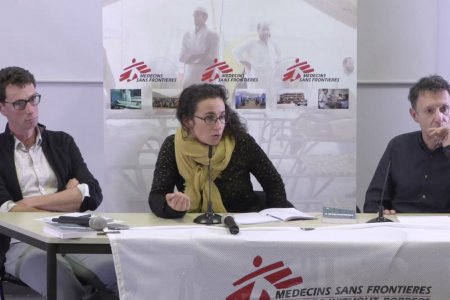 MSF-Crash
Conference
MSF-Crash
Conference
12/05/2017 - 06:00 PM 08:00 PM
Lise Barnéoud
Lise Barnéoud was a Crash guest speaker at a conference on vaccination held on December 5, 2017. A discussion with Epicentre, Crash and the MSF Medical Department allowed us to exchange views on vaccinal policy, which remains a cornerstone of MSF operations and a recurring subject of discussion and controversy. This meeting was prepared and moderated by Michaël Neuman and Emmanuel Baron.
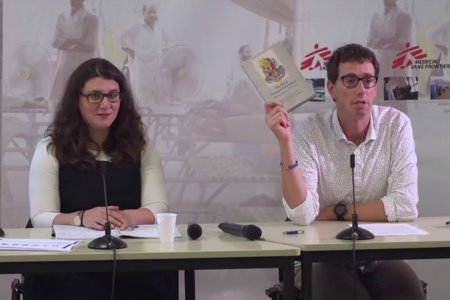 MSF
Conference
MSF
Conference
10/23/2017 - 06:00 PM 08:00 PM
Sharon Abramowitz
Sharon Abramowitz is an anthropologist and a visiting researcher at the Department of Anthropology at Rutgers University, co-editor of recently published Medical humanitarianism. Ethnographies of practice. She has devoted much of her work to responding to epidemics - most recently in Ebola, and in West Africa, Liberia in particular.
During the conference organized by MSF-Crash on 23 October 2017, she discussed the contribution of medical anthropology to humanitarian action as well as her latest book and most recent projects.
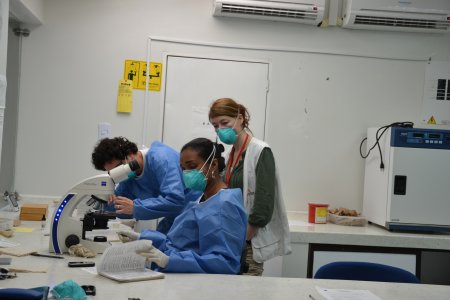 Karine Bodart
Analysis
Karine Bodart
Analysis
04/27/2012
Jean-Hervé Bradol
Francis Varaine
Epidemiological studies estimate that nearly nine million people were suffering from active tuberculosis (TB) in 2010, causing upwards of one and a half million deaths. More than 90% of these deaths took place in low- or middle-income countries, thus reinforcing an old idea that TB and poverty are strongly linked.
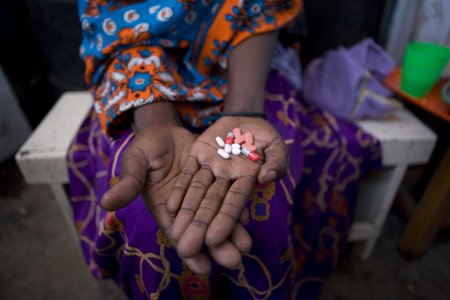 Brendan Bannon
Analysis
Brendan Bannon
Analysis
10/30/2013
Jean-Hervé Bradol
The Drugs for Neglected Diseases initiative (DNDi) and other researchers, including MSF-Crash Dr. Jean Hervé Bradol, report a persistent deficiency in truly new therapeutics for neglected diseases, despite nominal progress and an acceleration in research and development (R&D) efforts.
 Op-ed
Op-ed
07/29/2009
Jean-Hervé Bradol
Based on MSF's experience in responding to epidemics, Jean-Hervé Bradol describes the risks of spending precious time and energy on trying to delay the spread of the epidemic rather than on the case management of large numbers of sick people.
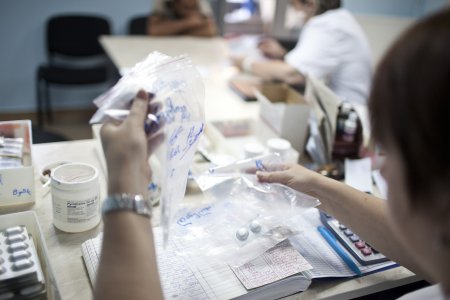 Daro Sulakauri
Opinion
Daro Sulakauri
Opinion
12/01/2009
Rony Brauman
Pharmaceutical companies produce drugs and are increasing involved in the clinical trials of these products. This conflict of interest is incompatible with the expectations of Public Health. Rony Brauman suggests that the industry no longer be responsible for therapeutic trials.
 Opinion
Opinion
09/03/2012
Rony Brauman
In this chronicle "Alternatives Internationales", Rony Brauman discusses the return of using community health workers as primary access points for healthcare, in the recommendations of the WHO and practices of some governments.
 Carl Theunis/MSF
Interview
Carl Theunis/MSF
Interview





